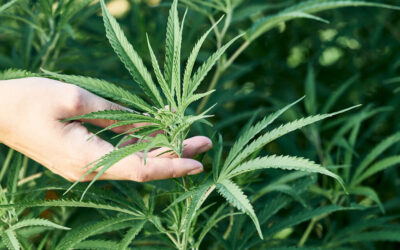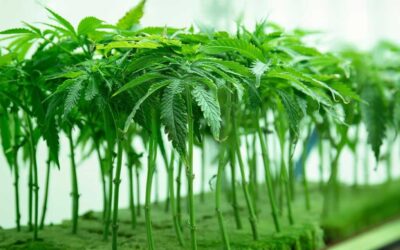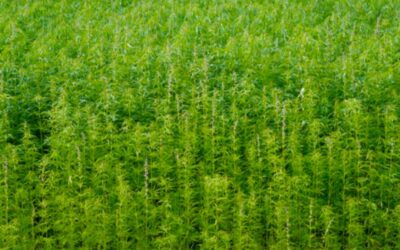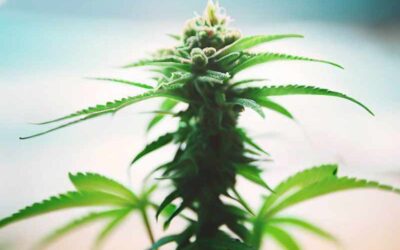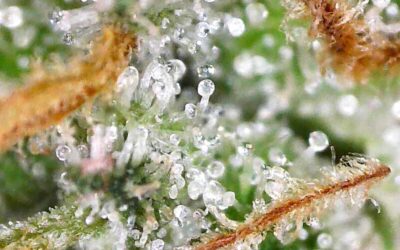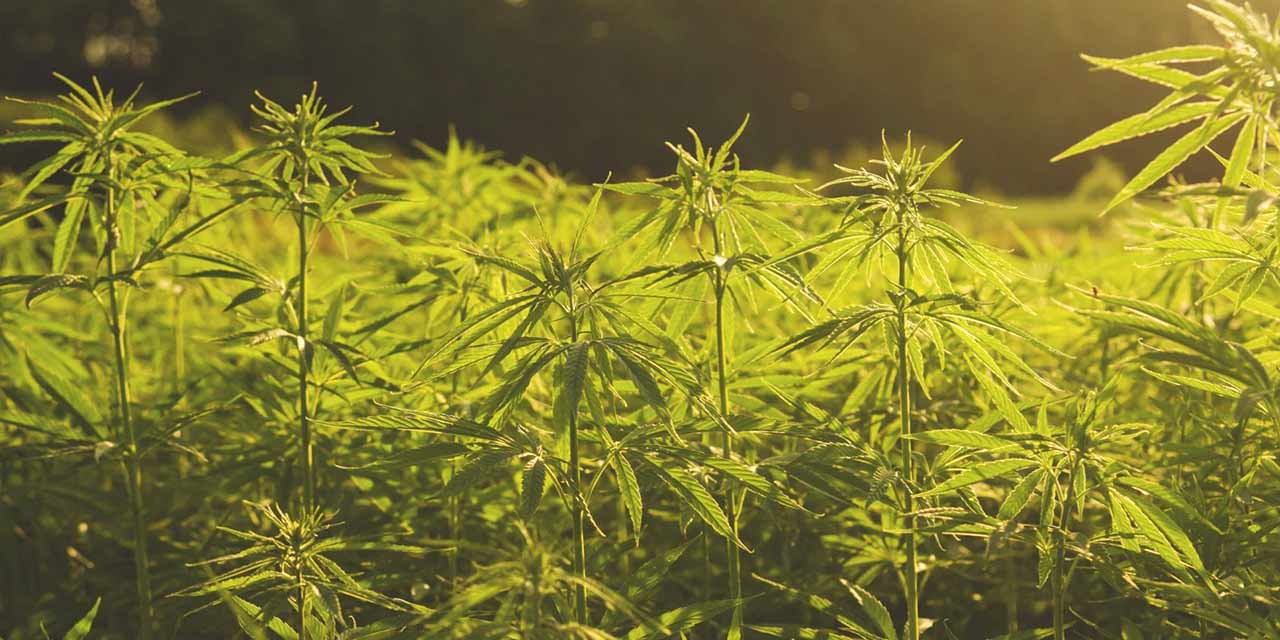
Hemp Plastics
Plastics have long been an integral part of our daily lives, but their environmental impact has become an urgent concern. In search of sustainable alternatives, the spotlight is now turning towards hemp plastics. Derived from the versatile and eco-friendly hemp plant, these biodegradable plastics hold immense potential to transform various industries. In this blog post, we explore the captivating world of hemp plastics and their revolutionary impact on our planet.
An Eco-Warrior
Hemp, a strain of Cannabis sativa, is gaining recognition for its remarkable environmental properties. Unlike its notorious cousin, marijuana, hemp has minimal levels of THC, the psychoactive compound. Hemp’s rapid growth, versatility, and low ecological footprint make it a perfect candidate for sustainable plastic production.
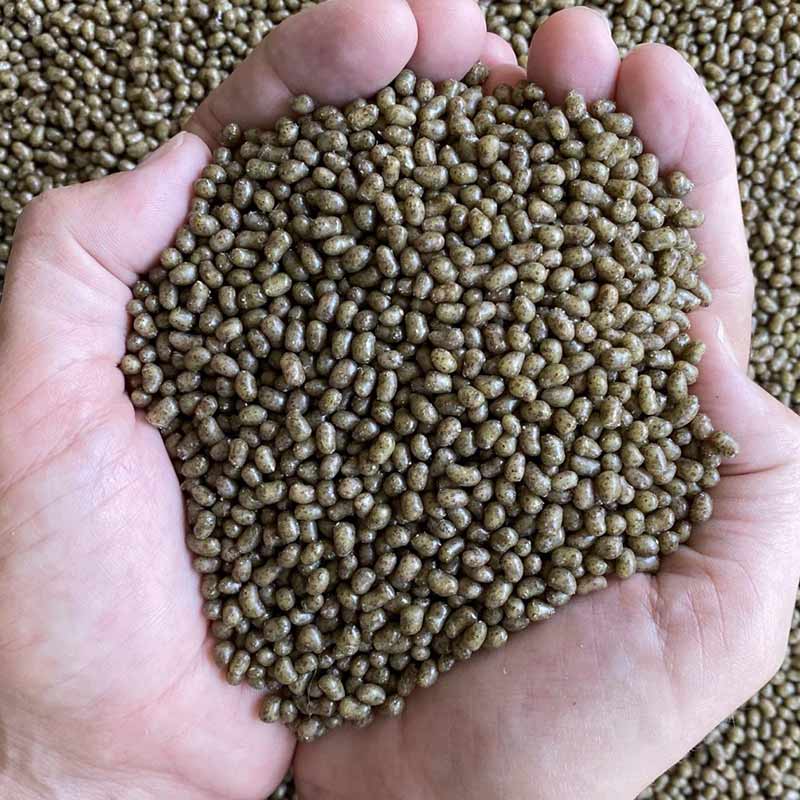
Hemp Plastic Pellets – The Hemp Plastic Company

The impact of plastic pollution is completely changing the environment
Hemp plastics are derived from the plant’s fibres, which contain high levels of cellulose. This natural polymer can be extracted and processed into a biodegradable material with a myriad of applications. They offer a compelling solution to the global plastic crisis, mitigating pollution, reducing carbon emissions, and conserving valuable resources.
Endless Possibilities
The potential applications of hemp plastics are vast and varied. They can be moulded into various shapes, serving as a sustainable alternative to conventional petroleum-based plastics. From single-use items like packaging, cutlery, and disposable containers to durable products such as automotive parts, construction materials, and electronic casings.
Furthermore, hemp plastics boast exceptional strength and durability. They can be reinforced with other natural fibres like flax or bamboo to enhance their mechanical properties. This makes them ideal for producing lightweight but sturdy materials for sectors such as aerospace, automotive, and marine industries.
Environmental Advantages
One of the most compelling advantages of hemp plastics is their biodegradability. Traditional plastics can take centuries to decompose, contributing to land and ocean pollution. In contrast, hemp plastics naturally break down into organic matter within a few months, minimising their impact on ecosystems and wildlife.
Moreover, hemp cultivation has a positive environmental footprint. The crop requires minimal water and pesticides, reducing the strain on freshwater resources and preventing chemical contamination. Hemp plants also absorb substantial amounts of carbon dioxide, aiding in carbon sequestration and mitigating climate change.
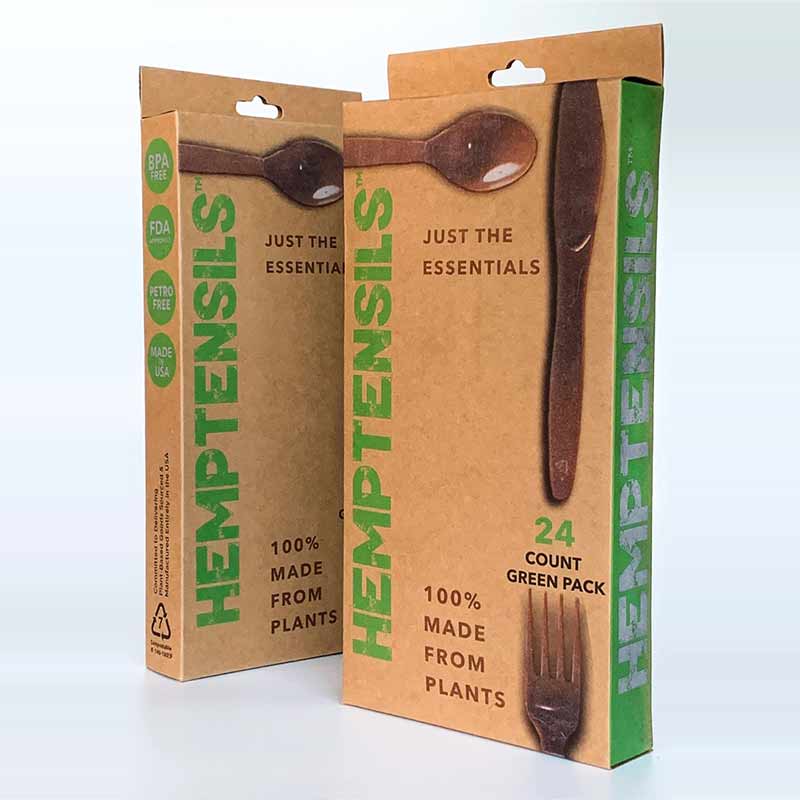
Economic Benefits
The adoption of hemp plastics brings forth economic opportunities for farmers, manufacturers, and entrepreneurs. Hemp cultivation provides an additional revenue stream for farmers, with the plant’s rapid growth enabling multiple harvests per year. The local manufacturing of hemp plastics also creates job opportunities, supporting sustainable economic development.
Furthermore, the increasing consumer demand for eco-friendly products opens up a lucrative market for manufacturers. Companies that embrace this sustainable shift can gain a competitive edge, attracting environmentally-conscious consumers who prioritise sustainable choices.
Overcoming Challenges
Despite its numerous advantages, the widespread adoption of hemp plastics faces a few challenges. Legal and regulatory barriers in some regions can hinder cultivation and production. However, with growing awareness and advocacy, these barriers are gradually being addressed. Additionally, scaling up production and optimising manufacturing processes are essential steps towards making hemp plastics more cost-effective and accessible.

Lotus Eco Elise feastures body panels from a hemp resin
Hemp plastics offer a beacon of hope in our quest for sustainable alternatives to traditional plastics. Their biodegradability, strength, versatility, and positive environmental impact make them a transformative force in various industries. By embracing hemp plastics, we can reduce our reliance on fossil fuels, curb plastic pollution, and pave the way towards a greener future. It’s time to unlock the full potential of this renewable resource and embark on a journey towards a more sustainable planet.


